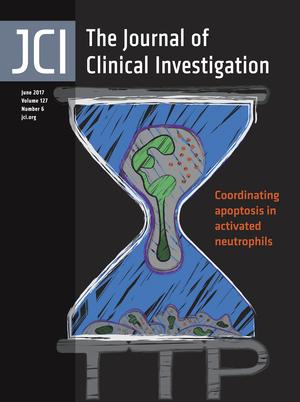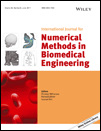 A 2016 study in New England Journal of Medicine has received a substantial correction, which affected several aspects of the article.
A 2016 study in New England Journal of Medicine has received a substantial correction, which affected several aspects of the article.
Typically, an error that affects so much of a paper would undermine the results (and possibly lead to a retraction). But in this case, the revised dose calculations actually strengthened the findings, according to the first author.
The NEJM study aimed to clarify whether patients with a neuromuscular disease called myasthenia gravis benefit from a surgical procedure to remove the thymus. About half of the patients received surgery plus the steroid prednisone, while the rest only received the steroid. The researchers found patients who received the surgery fared better.
Shortly after the paper was published in August 2016, the authors discovered an error in the calculation of the average prednisone dose. According to Gil Wolfe, the first author of the paper, when the researchers corrected the error: Continue reading Big corrections usually weaken findings. But a recent NEJM one strengthened them, author says
 A former Research Training Awardee at the National Institutes of Health “falsified and/or fabricated data” in 11 figures in a 2016 paper,
A former Research Training Awardee at the National Institutes of Health “falsified and/or fabricated data” in 11 figures in a 2016 paper,  On Dec. 2, 2013,
On Dec. 2, 2013,  After a
After a 

 After issuing a retraction notice May 30 for a biomedical engineering paper, the journal has
After issuing a retraction notice May 30 for a biomedical engineering paper, the journal has  The Japanese Society of Anesthesiologists has permanently banned a co-author of notorious fraudster
The Japanese Society of Anesthesiologists has permanently banned a co-author of notorious fraudster 